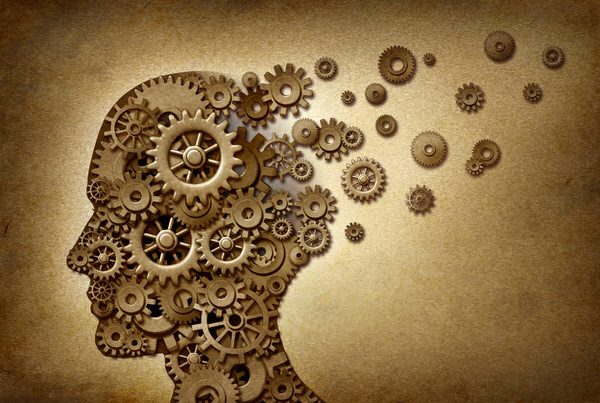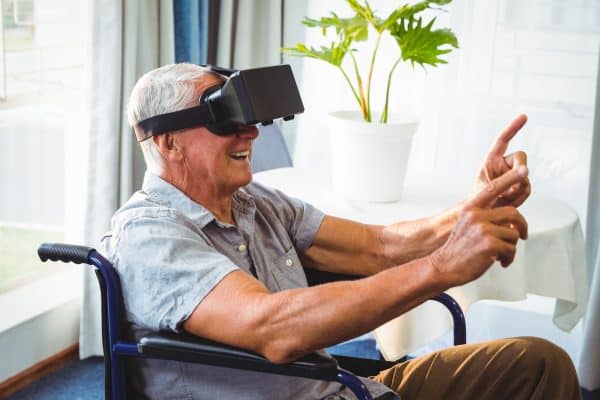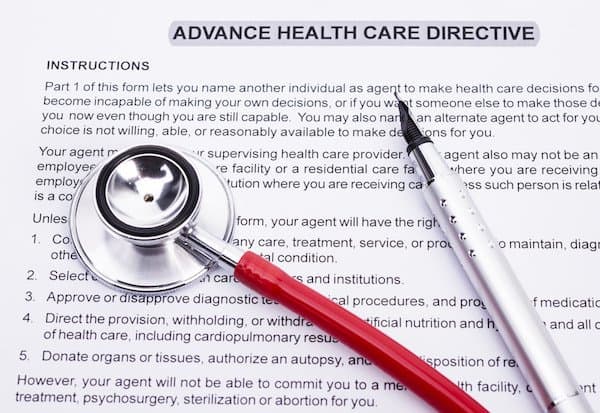Ever had a gut feeling about what was causing a health problem, but dismissed it as a random idea? You may have been ignoring valuable health information. BodyWise: Discovering Your Body’s Intelligence for Lifelong Health and Healing will help you develop the skills to listen to your body and take charge of your health.
This book stems from years of research and practice by Dr. Rachel Carlton Adams, MD. The author graduated from Stanford and earned her MD from UC-San Francisco, then a Masters in Holistic Health from UC-Berkeley. She practices family medicine, specializing in integrative health, relationships and sexuality.
A doctor friend gave me a copy of her book, and I found it so intriguing that I wanted to share my thoughts on it with you.
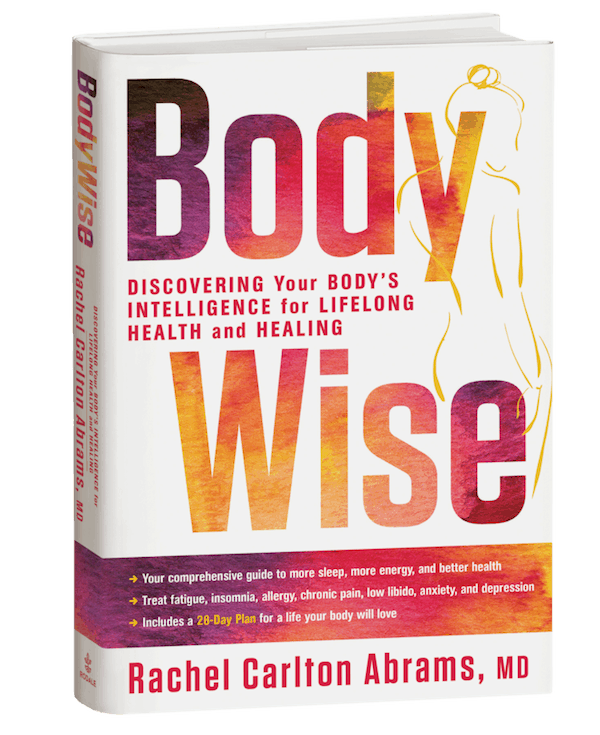
What’s your BQ?
Like IQ (Intelligence Quotient) or EQ (Emotional Quotient), BQ is your Body Intelligence Quotient. Dr. Rachel (her preferred name) defines BQ as having four components:
- Measure. Gather measured observations of health. Undergo tests like doctor-ordered blood work, X-Rays or EKGs.
- Sense. Attend to body sensations. Pay attention to body sensations like fullness, fatigue, thirst or pain.
- Feel. Note feelings or intuitions about your body. Identify emotions that arise in connection with body sensations.
- Discern. Look for patterns of experience that are trying to tell you something, including those influenced by the unconscious mind (dreams, visions, symbols).
Your BQ is your ability to practice all four steps. You use traditional medical information as well as your own bodywise intuitions to improve your wellbeing.
BQ Quiz: how BodyWise are you?
The book contains a quiz to help you determine what parts of BQ are strongest for you, and where you need more work. You score your responses on a scale similar to an elementary school report card. “Excellent” is best and “Needs Improvement” is worst. I scored “Good” overall. But the “Feeling” category for me totaled up as “Needs Improvement.”
I wasn’t surprised by my quiz results, as I know I tend to ignore connections between my emotions and body sensations. I’ve experienced jaw, neck and shoulder pain off and on for years now. At stressful times especially. This connection is obvious, yet I do little to change it. I realize I could improve my health by paying better attention to my body’s warning signs.
Common health conditions you can heal by becoming BodyWise
Dr. Rachel outlines common health conditions affecting women she sees in her practice. They include issues with:
- Fatigue, or “chronic body depletion”
- Chronic pain
- Low libido
- Depression and anxiety
- Allergies and autoimmune conditions
- Weight gain or loss
- Sleep
- Fitness
- Love and friendship
- Purpose
These last two, “love and friendship” and “purpose,” may not sound like medical issues. Or they may strike you as purely mental health issues. Yet in the context of integrative medicine, mental and physical health are closely intertwined.
The book offers fascinating stories about the mental/physical connection. For example, one of Dr. Rachel’s patients came to her with eczema. Not only did the woman’s eczema stem from physical causes like poor digestion and food allergies. But she experienced worsening of symptoms after visits from her critical parents-in-law.
Dr. Rachel treated her patient’s underlying physical causes of her eczema. But she also encouraged the woman to explore the roots of her reactions to the relatives’ criticism with a therapist or trusted friend. The woman’s rashes reduced and she began to build a life in which she could thrive emotionally as well as physically.

Being BodyWise doesn’t mean it’s your fault if you’re sick
Listening to your body for diagnosis clues does NOT mean you are responsible for your own pain. The author is clear that discerning meaning from your illness is different from bogging down in a cycle of self-blame.
So for example, you may determine you’ll feel better with more time to rest, or more healthful eating. But that’s not the same as concluding you caused your illness by working too much and eating junk food.
The point of being bodywise is to learn to interpret what your body is telling you. This will allow you to take charge of your own health. We may point our doctor in specific directions – even influence her to order tests (“measures”) she wouldn’t otherwise have requested. For a summary of other ways you can help your doctor help you, see this post.
BodyWise interventions combine traditional and complementary medicine
As described in more detail in my post, How to choose a doctor at midlife, “integrative medicine” combines the best of both worlds. An integrative physician orders traditional medical tests like blood work or mammograms. She spends more time with her patient than a typical HMO or PPO physician does, taking a thorough medical history and asking lots of questions.
An integrative doctor’s “prescription” may include traditional drugs, but it usually goes beyond medications. Sleep, exercise, nutritional supplements or a special diet often help address the problem. An integrative doctor may also suggest counseling, accupuncture, meditation or other spiritual practices to improve her patient’s situation.
Dr. Rachel notes that “lifestyle choices are responsible for fully 88 percent of the illnesses that drive people to the doctor.” Her main teaching is that you can become more bodywise, and it will improve your wellbeing. Guided by your intuition, you can prevent small problems from growing into big ones.
Furthermore, you can address causes of health problems, not just their symptoms. In this regard, you give yourself a chance to cure your illness, not merely to manage its effect on your life.
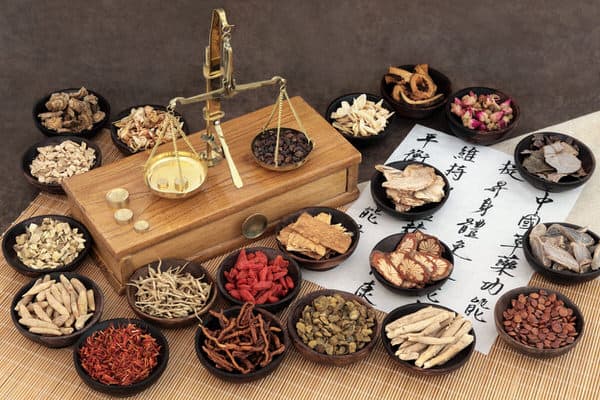
Holistic practices to develop and use your body wisdom
The book offers several “exercises” resembling guided meditations or visualizations. Their purposes are to help you destress, become more aware of your body sensation and connect sensation to emotion. You can listen to audio versions that average two to six minutes in length.
In addition to her exercises, Dr. Rachel suggests nutritional supplements and other holistic practices that address specific conditions. She also lists recommended health work-ups for ailments like fatigue, chronic pain or anxiety.
Some of the book’s advice will strike you as common sense, especially if you already try to practice a healthy lifestyle. For example, there are chapters dealing with bodywise eating, improving your sleep and getting exercise.
Likewise, the author underscores research on the importance of living with a sense of purpose and having friends. If you’re interested in more information on health benefits of friendships at midlife, check out this post.
In summary, I appreciate reminders to practice good habits for sleep, food, exercise and other elements of a healthy lifestyle. I also like the book’s emphasis on how to get different aspects of your life working together to produce your best health possible.
BodyWise 28-Day Plan
Dr. Rachel offers a 28-day plan to help you tune into your body and adjust your behaviors. She encourages you to make a daily practice of one or more of her bodywise exercises. Likewise, once you start a habit (e.g. BodyWise eating), you continue it for the rest of the 28 days. Each week has a specific focus:
- BodyWise eating
- Sleep, rest and rejuvenation
- Move
- Cultivating love, community and purpose
The 28-Day plan includes detailed instructions on foods to eat, foods to avoid and how to assess potential food allergies.
As you move through the 28 days, you fill out charts with observations corresponding to each week’s emphasis. This increases your powers to connect sensations and emotions, behaviors and results.
By paying close attention to your body’s reactions over the course of the 28 days, you can train yourself to become more bodywise. Based on your observations during the four weeks, you can take charge of your health. You’ll describe sensations better at your doctor visits. And you’ll probably improve your own wellbeing by changing eating, sleeping and/or exercise habits.
My take on BodyWise living
I like the book and appreciate how it ties together physical and emotional sensations. I’ve tried a couple of the exercises. They’re essentially guided meditations with an emphasis on learning to increase your body awareness and discern what your body may be telling you. Remember, my personal ability to connect body sensations and emotions “needs improvement.” Thus I can benefit especially from practices like Exercise 5: Body Feelings.
I hope to try the 28-day plan in another month or so. I have some upcoming personal events that will make it hard to follow the book’s food, sleep and exercise recommendations. But after that, I want to see what I can learn from trying them. I definitely like the fact that the diet permits coffee, tea, wine and chocolate!
My favorite aspect of the BodyWise approach to wellbeing is how it encourages you to take charge of your own health. By training you to listen to your body and pay attention to your hunches, it makes you the expert on you. You have access to important health data that no one else does.
Gone are the days of accepting whatever your doctor tells you to do. You can achieve better health outcomes by working with your medical team. With integrative medicine, you’re always an active contributor to your own care.
Finding an integrative doctor (who would accept my insurance, of course!) would be wonderful. I like the approach of combining Western medicine with complementary practices. At present, I try to incorporate complementary therapies on my own. But I’m sure an integrative physician could help me improve my wellbeing.
How to find an integrative physician
There are several different accrediting bodies for health practitioners in this field. They include integrative physicians, holistic health clinicians, naturopaths, or other practitioners. Be aware that many integrative clinicians are not board-certified MDs. Read their bios and ask questions to find the right person for you.
The most helpful website I’ve found thus far is the University of Arizona’s Center for Integrative Health & Medicine (UACIM). Dr. Andrew Weil founded the Center in 1994. It claims to be
leading the transformation of health care by training a new generation of health professionals and by empowering individuals and communities to optimize health and wellbeing through evidence-based, sustainable, integrative approaches.
UACIM provides a search function to help you find a graduate of their program in your area. It’s a great place to start your search for an integrative physician.
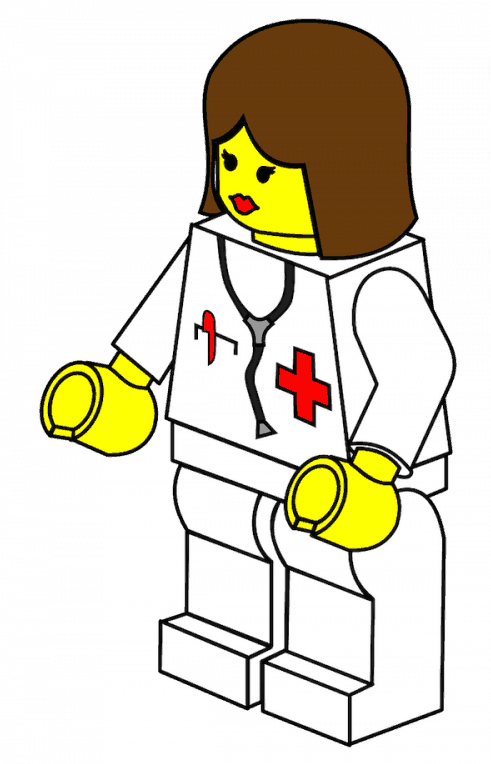
The BodyWise challenge
The guidelines for the BodyWise 28-Day Plan can feel overwhelming. Yet even if you were to follow some of its suggestions for diet, sleep, exercise and “cultivating love and purpose,” you’d probably feel better. And if you start to feel better, giving up processed foods/sugar/etc. won’t feel as much like a sacrifice. It will feel like a choice you want to make so you’ll feel good.
I view the BodyWise approach as a challenge, but a challenge worth trying. Try it alongside me, and let me know what you learn!

Images via: Rachel Abrams, Shutterstock, Pixabay

